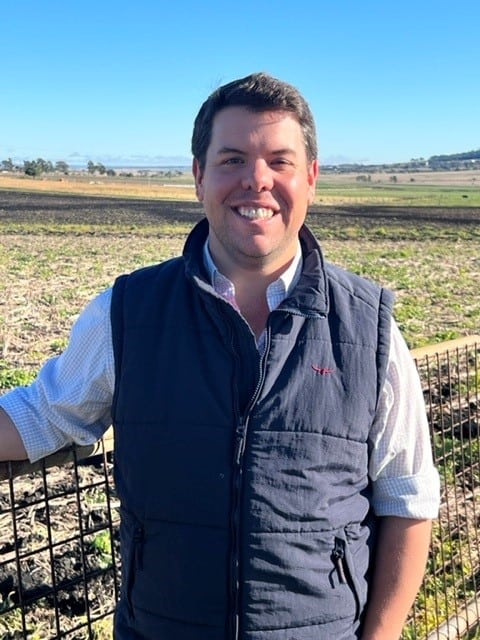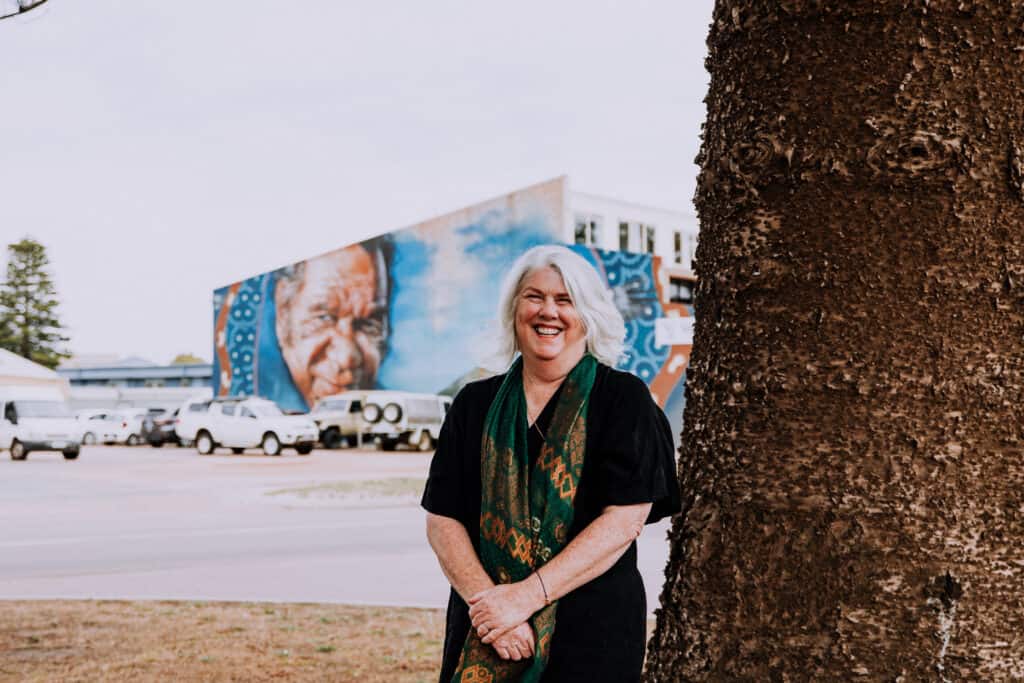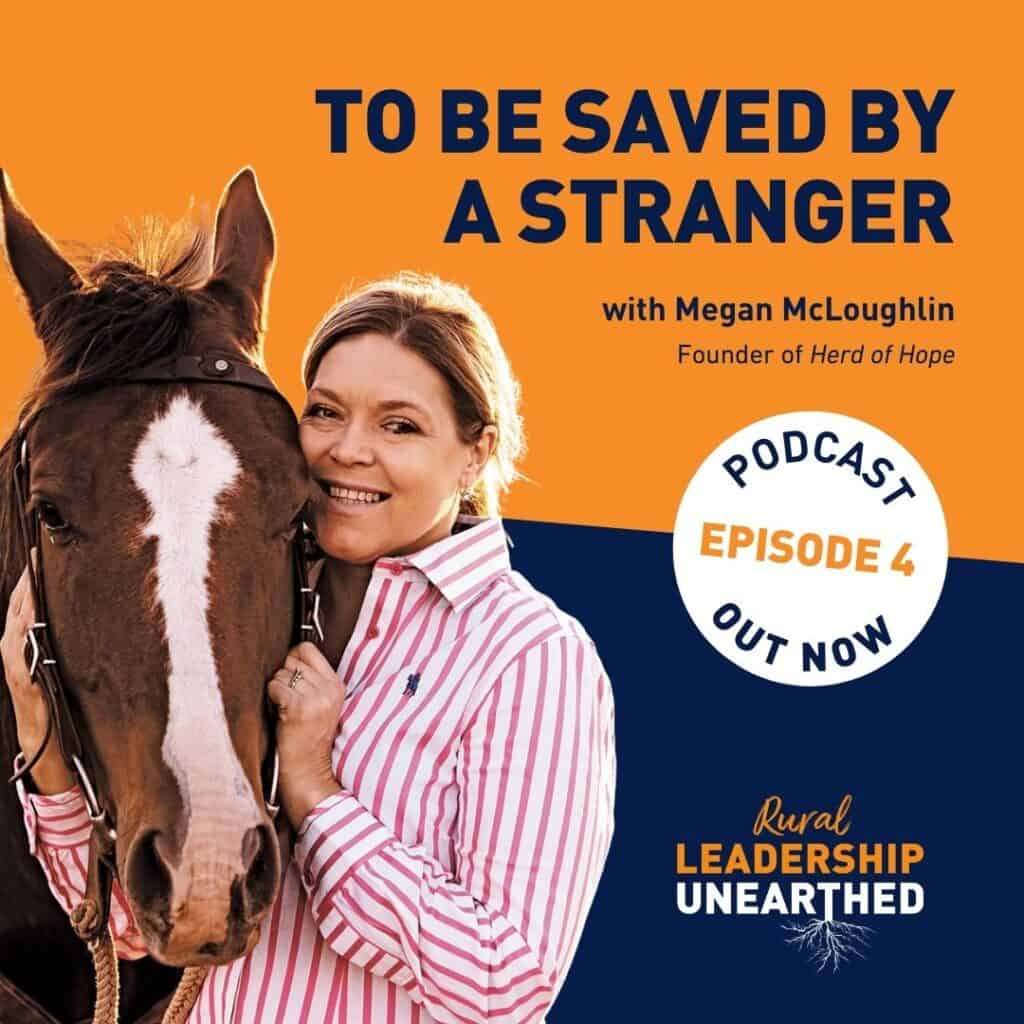It feels like we have been waiting for a long time now, but it’s really only been a few weeks since our lives changed, in a major way. Stage 3 restrictions in Victoria came into effect on the 30th March. We could no longer leave the house when we wanted to, our freedom to move around the community as normal was restricted. Normally law-abiding citizens found themselves on the wrong side of the police when they hid in their car eating a sneaky kebab or went for a L plate drive. We were socially isolated.
We adapted. We looked at the bright side. If we still had work we could do it in our pj’s. Families took leisurely walks around the block. Cafe’s started selling takeaway meal packs. We all created Zoom accounts and learnt about Microsoft teams.
But now that the initial flurry of action is over it feels like it is taking a very long time to see the light at the end of the tunnel. Especially now that the curve has slowed so much it is virtually stopped. While the sense of impending doom has lifted slightly, there is a harsh reality of economic disaster becoming a truth for many.
So how do we manage through the next few very difficult weeks and probably months as we navigate towards the ‘new normal’?
I have worked in remote and isolated areas for often months at a time and the impact of social isolation should not be underestimated. Social isolation combined with financial stress and an undefined time frame means that we should as a community be planning for a sharp increase in mental health issues. Humans are social beings, even the most introverted amongst us still needs interaction and touch. We also need stable social norms to give us a sense of security and allow us to navigate our communities.
All period of isolation have stages, the beginning when it is kind of novel and exciting. Personally, I cleaned and restocked the freezer, download yoga apps and decided to learn French. Our family had an inaugural zoom meeting. The dogs got more walks then they ever had. The anxious energy caused by a feeling of impending required action was funnelled into preparation for the inevitable health crisis that we thought was coming. Then nothing much happened. We have been ready now for a couple of weeks, the hospitals are empty, the PPE is stocked, the staff have had training. We are all aware of social distancing and how to wash our hands. We are entering a new phase of response and isolation.
It is the phase that we are in at the moment that is the hardest. In research into the impact of social isolation on groups of people like astronauts and Antarctic expeditioners, the ‘3rd quarter phenomena’ (TQP) is well established. This is a phenomena, that I certainly experienced during my time working in Antarctica as well as during extended periods of time in remote communities in Australia. During the TQP individuals begin to experience irritability, reduction in mood, tension and decreased morale, in the work setting this leads to decreased team cohesion and productivity. At a personal level an increasing number of people will experience mood disorders like depression and struggle to remain resilient to change.
We are entering a period of time that individuals, and teams are going to find more challenging. We have been working towards the flattening of the curve. We have been successful. We have worked together as a community and achieved a goal. The potential end of our journey is in sight, but we still don’t have an actual end date. We also don’t have a real picture of what the #newnormal is actually going to look like. During a space adventure or an Antarctic Expedition we at least have a vision of what normal looks like, of what to look forward to.
So be prepared for the emotional journey that we have all been on for the last few weeks to continue.
Be aware that you might start to feel more irritable, tense and sad. This is normal. Support your colleagues, family and friends as they to struggle at times with our continued journey towards the new normal.
If you are interested in some self care strategies, then remember that our 8-week mindfulness course is free at the moment. If 8 weeks just seems like way too much of a commitment at the moment, then give our five day challenge a go.








